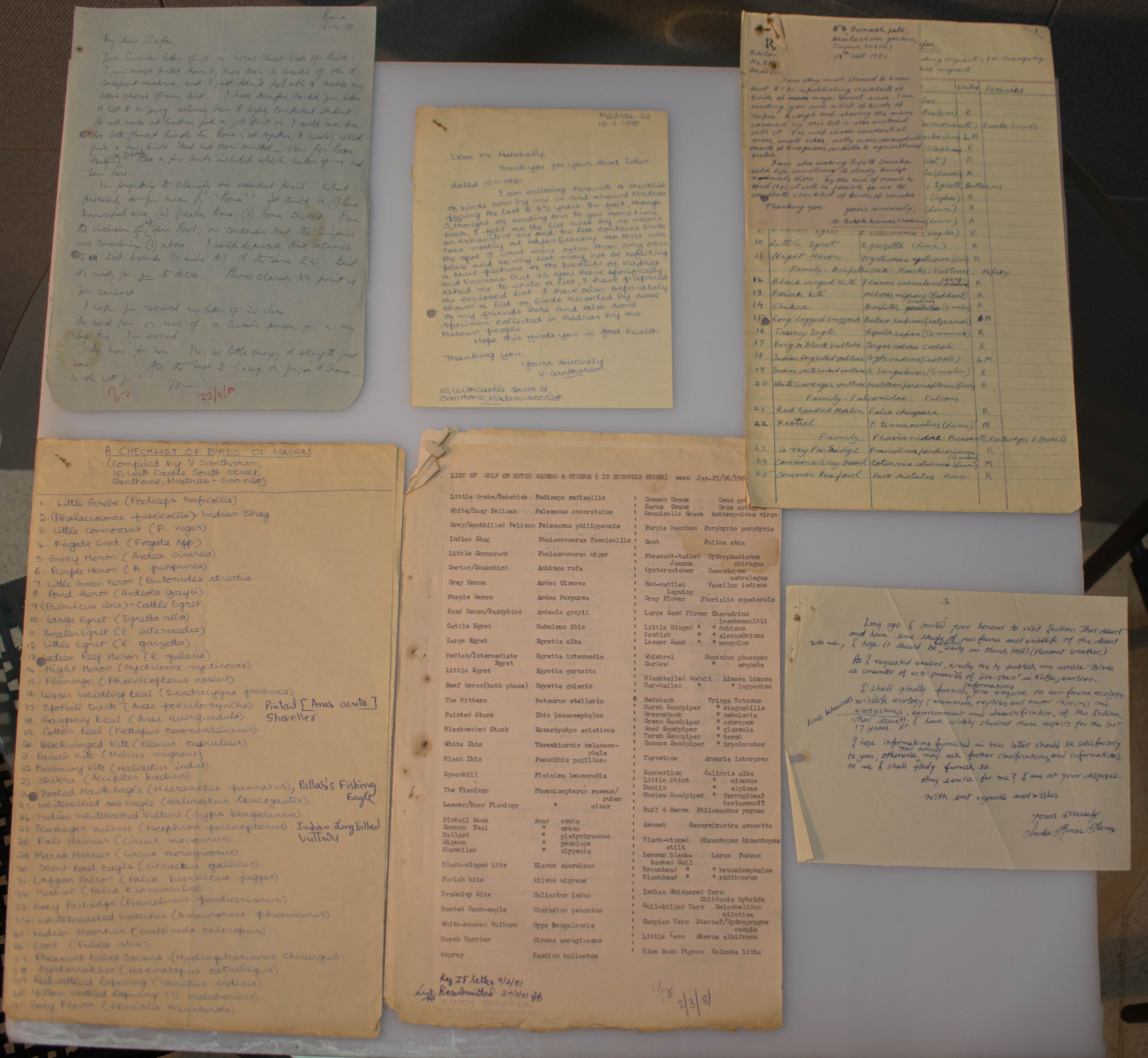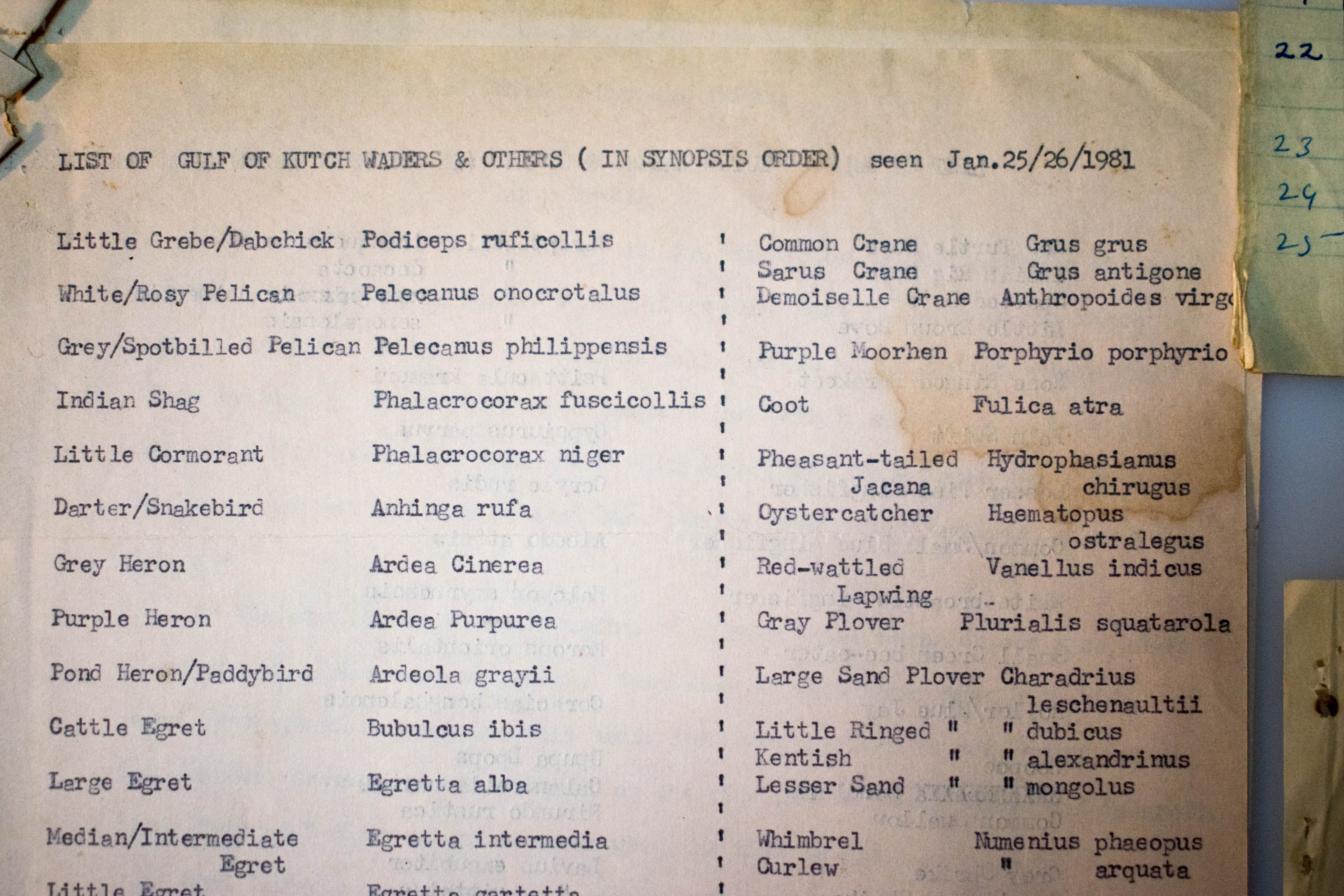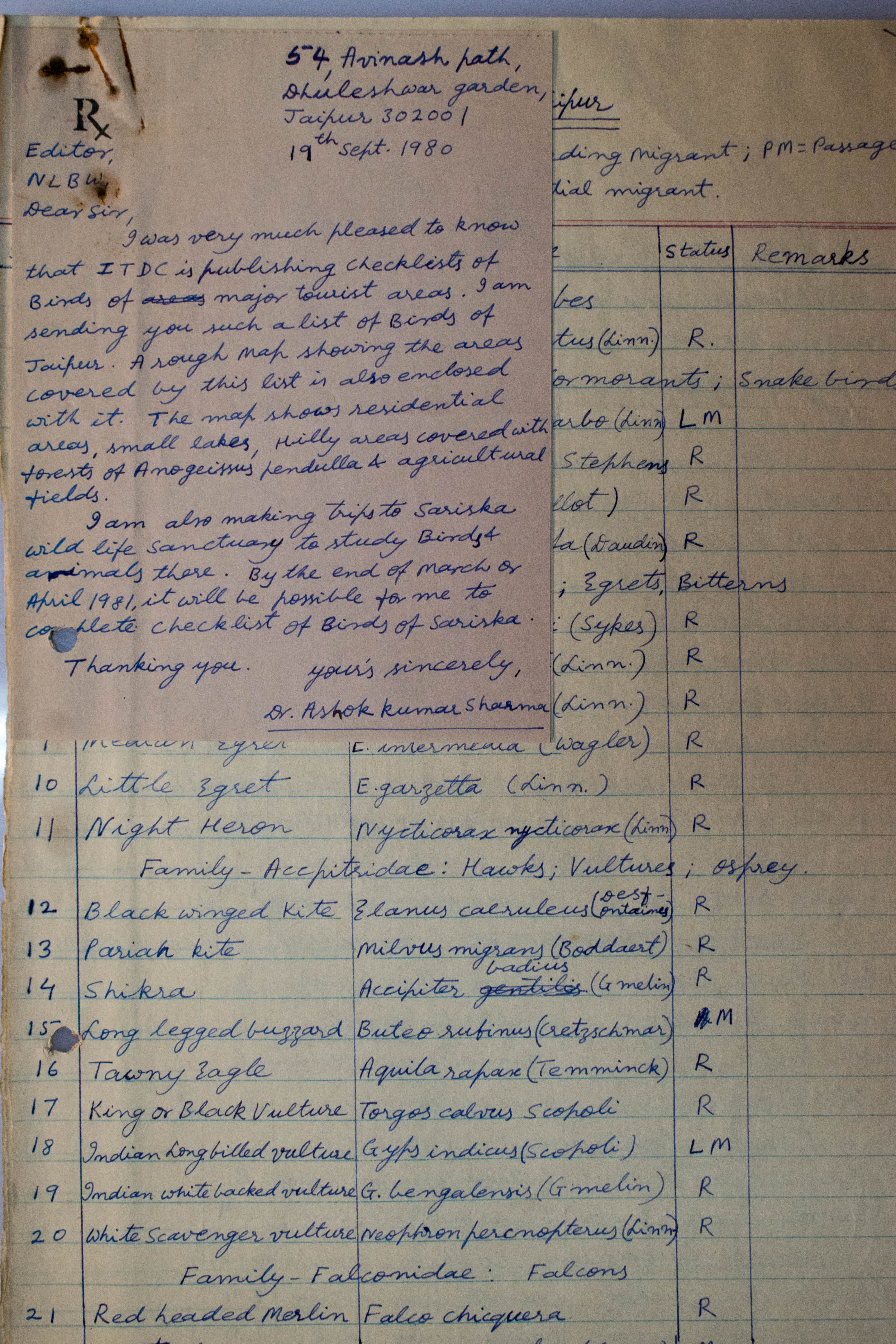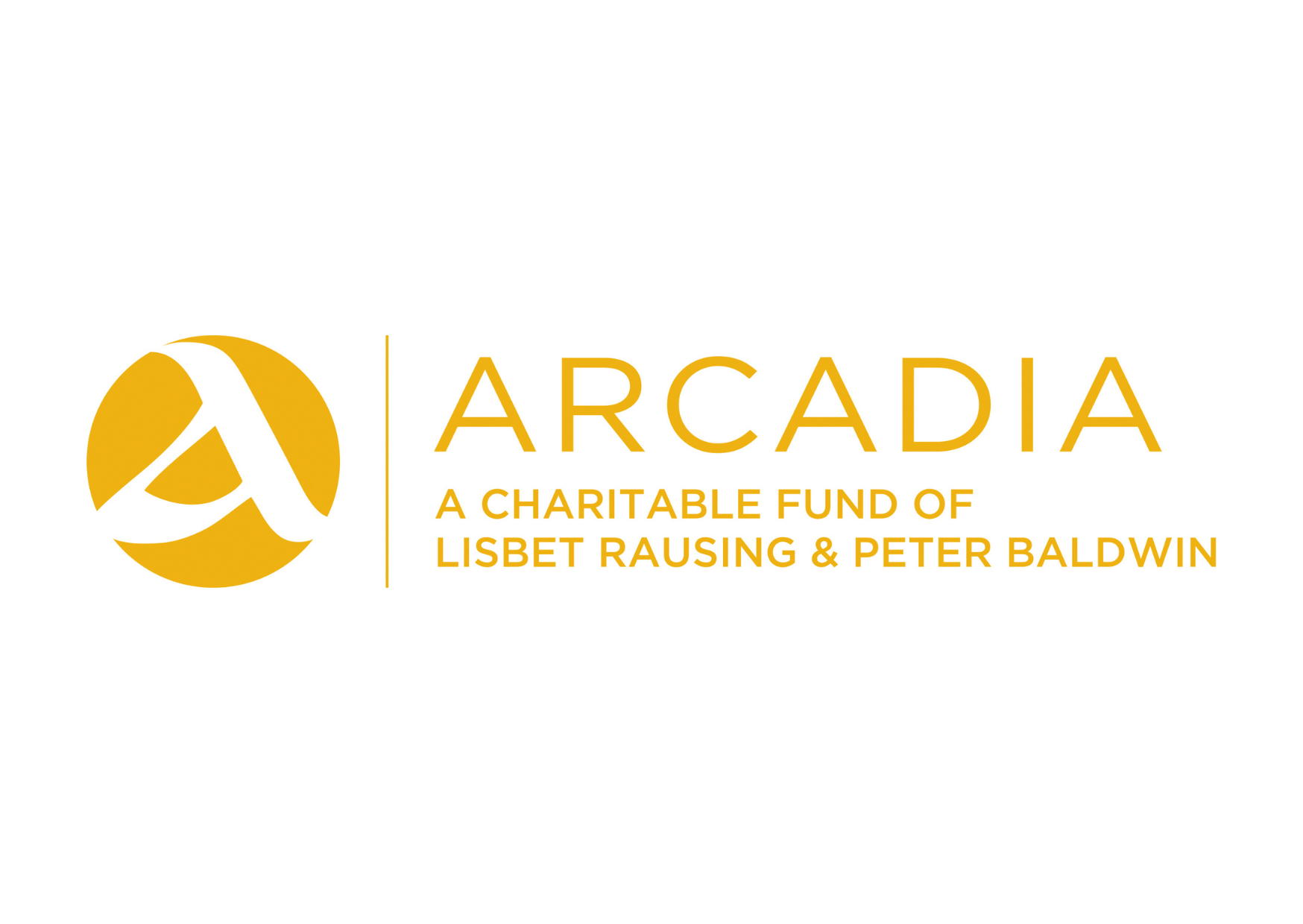The Archives at NCBS, a space dedicated to the history of science in contemporary India, runs on the philosophy of enabling diverse stories. To further this endeavour, the Archives has received a grant from Arcadia for a project titled ‘Documenting the Contemporary History of Science in India.’
The three-year US$440,000 project at the Archives, which started in December 2022, aims to collect, preserve and make available online endangered cultural artefacts pertaining to the contemporary (~200 years) history of science in the country, and to make these resources accessible online. “The Archives was started with a vision of being a place where we could maintain an archive of scientific lives and trajectories, achievements, discussions and dialogues around the life sciences in the country, [which] could be useful for researchers in the future,” says Prof. Satyajit Mayor, Centre Director of NCBS.
Arcadia is a charitable fund of Lisbet Rausing and Peter Baldwin. It supports charities and scholarly institutions that preserve cultural heritage and the environment. Arcadia also supports projects that promote open access and all of its awards are granted on the condition that any materials produced are made available for free online. Since 2002, Arcadia has awarded more than $1 billion to projects around the world.

Letters and checklists of birds, SD002-Zafar Futehally papers.
The Archives plans to collect, preserve and digitize artefacts, including manuscripts, photographs, oral testimonies and histories of individuals and groups who have played a vital role in the development and dissemination of knowledge and practices in ecology and conservation. The first year of the project focuses on diverse histories of ecology and conservation, including indigenous communities and organizations involved in grass-roots conservation. This focus will subsequently be expanded in the second year to include other scientific fields under the umbrella of the project.
In line with Arcadia’s commitment towards diversity, equity and inclusion, the Archives also intends to make the archival data accessible to a larger audience, by using open-source platforms. The project would also work towards developing prototype tools to maintain open access and interpretation of the open archival data to the public, and, in its final year, to support smaller scientific archives across the country with a similar vision. The cutting-edge storage facilities at the Archives would also be instrumental in arranging, storing and displaying the physical artefacts.

Prof. Mayor explains how such an initiative can help us understand the genesis of ideas and how science comes about. Acting as a site for public engagement and science communication, the project funded by Arcadia would help create and maintain an interest in science among the public.
“These stories are life stories - about people and events,” says Prof. Mayor. “It creates a social connection and also builds more awareness about the process of science, which often seems very obscure. The idea behind an open public archive of science is about bringing more people into the journey of science.”

Letter from Ashok Kumar Sharma to Zafar Futehally, dated 19th September, 1980. Attached is a handwritten check-list of birds of Jaipur. SD002-1-3-1-2, Zafar Futehally papers, Archives at NCBS.











0 Comments